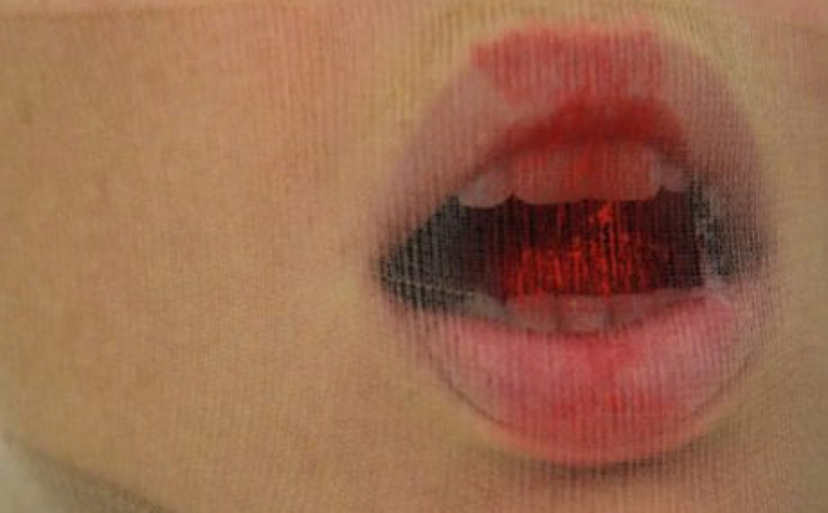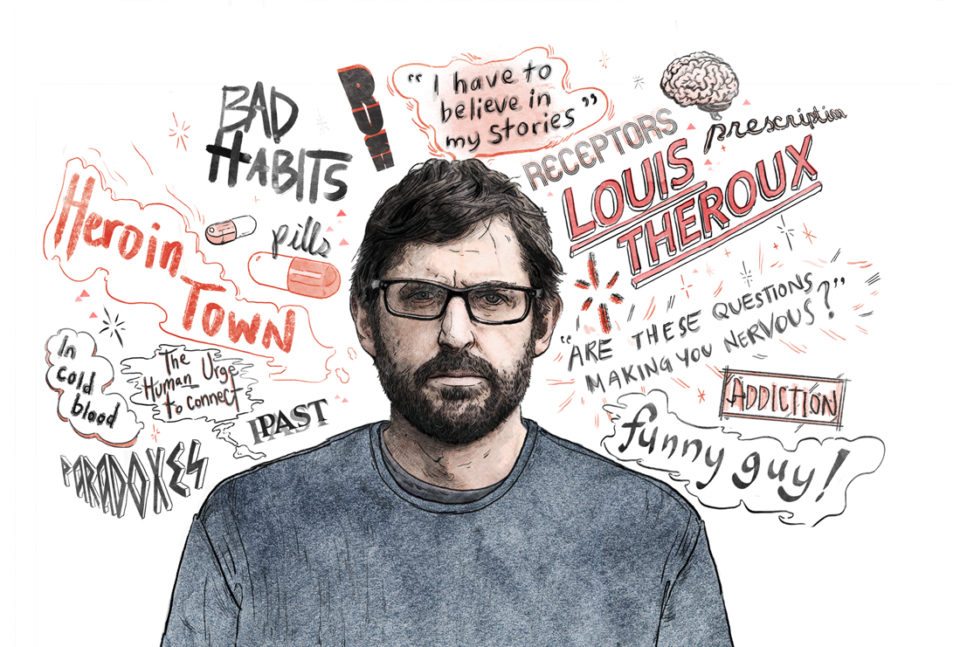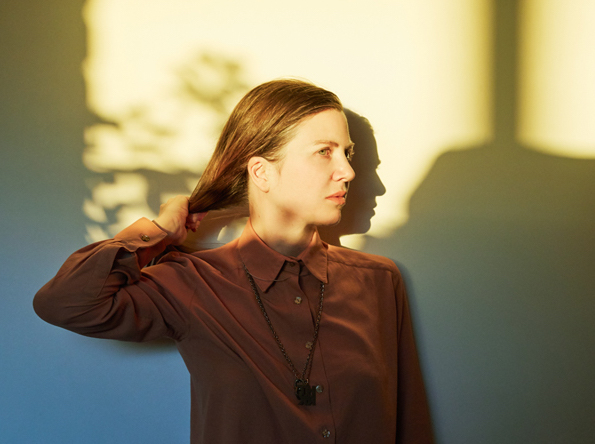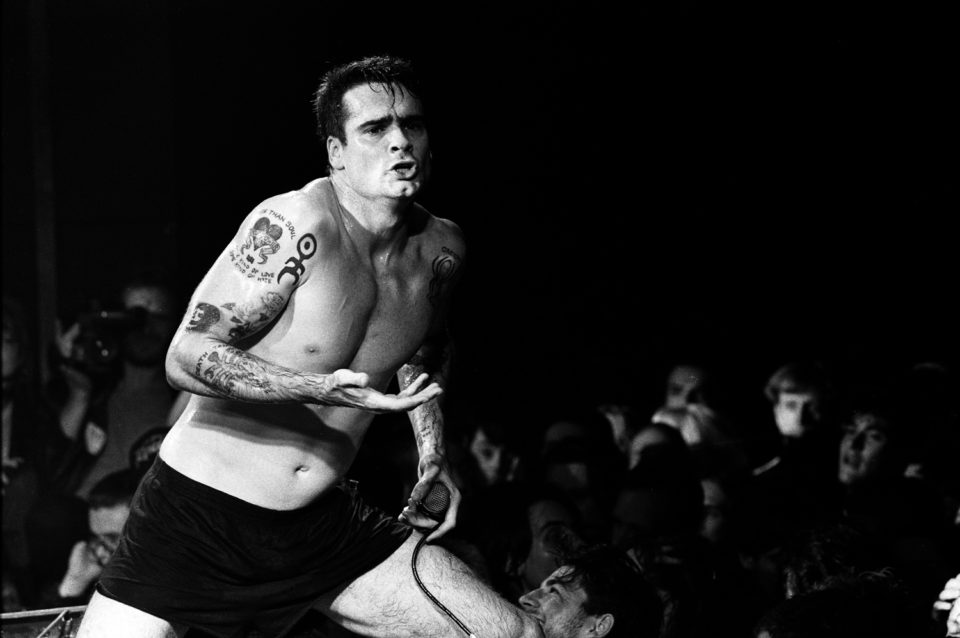I hear something I cannot see. Some dark sonar pressing its message from the past and onto the present conversation. The poet Rainer Maria Rilke once described angels as ‘awesome’, by which he meant not the blandly agreeable buzzword we go by today, but a notion of beauty so overwhelming it is both ecstatic and terrifying, a type of divine horror before which we collapse.
Theatre director Adena Jacobs seems to summon this up in the unconscious as well as historical traumas that mark her production of The Howling Girls. The original work is an ambitious collaboration between herself, composer Damien Ricketson, soprano Jane Sheldon and the Sydney Chamber Opera. Founded on a predominantly electronic score, making use of a Theremin played by the SCO’s Artistic Director Jack Symonds, it’s built on “a near wordless libretto”.
It’s genesis story concerns a strain of hysteria that emerged in the wake of September 11, manifest in five documented cases of teenage girls reporting extreme symptoms of debris caught in their throat and being unable to swallow or even breathe. Doctors found nothing. Jacobs says she discovered the anecdote in a Susan Faludi book, The Terror of Dream: Myth and Misogyny in an Insecure America. “It was a story that haunted me for years. Just that image. There was something enigmatic about it. The metaphor of the throat constricted, of voicelessness, particularly relating to women.”
She was “particularly interested in the way they had absorbed the terror. The sense of panic and loneliness, the debris caught in the throat that made them feel one and the same with the atmosphere, no difference between them and the environment.”
Born in New York in 1982, Jacobs moved to Melbourne at age 11 with her family. She alludes to her grandfather’s influence, a poet who inculcated a passion for words and art in her. But her family and personal details feel pushed back into ellipses. In 2010, Jacobs launched her own theatre company Fraught Outfit, with whom she is still the Artistic Director. Gay, Jewish, somehow European in sensibility, her résumé is a litany of avant-garde triumphs, everything from Sophocles’ Antigone to a radical reframing of the Wizard of Oz.
Jacobs says that the September 11 story that inspired The Howling Girls “is only a seed” for what has been created now. Her production is “not literal”. She’s much more interested in the way “music can bypass rational sense and put you in an altered state.”
As director her role became one of “finding a mode for the performance. Light and texture are really important; one of the main ideas for the design was make use of the cavernous nature of Bay 20 [performance space], and run with this idea of void spaces and darkness. The music shifts quite violently. It’s not about finding a real location [like New York], it’s about feeling and atmosphere and perspective,” she says emphatically, “shifting from the small and intimate to a cinematic and larger scale.”
She notes how everything from the election of Donald Trump to the triumphs of marketing and the barrages of social media and digital life “has made words grotesque. We’re living in an age where communication has become very complicated and very dangerous. Of course, it’s always been that way, but somehow more so now.”
The production is still coming into being as we speak. And at times it feels like we are contemplating an emanation of light and sound more than a narrative. But she thinks The Howling Girls has a resonance in this present moment we find ourselves in – as well as the symbolic terrors of September 11. “Hysteria is a contentious and huge issue,” Jacobs says. “One way of looking at it is as another mode of communication for those rendered unable to speak or those whose speech is not being heard or understood.”
She’s reluctant to reduce The Howling Girls to programmatic political slogans and hesitates over a word like “patriarchy” as something that might sound clichéd, “but there is a sense within the work of the difficulty and complexity of speaking and communicating in a patriarchal construct. It always seems to be women who are the first site of unrest in a time of political and social change. Our bodies, our voices, can feel controlled by external situations and voices. There is something in the work that gets to the grief of that experience, of just having to try and find a mode to communicate. And there is huge power in that. Even poetry.”
The Howling Girls
Sydney Chamber Opera
Carriageworks: 28 March – 7 April 2018





